Optimal Timing for Stair Runner Installations
Stair runner installations can be scheduled throughout the year, but certain times may offer advantages in terms of availability and convenience. The optimal time often depends on factors such as climate, indoor conditions, and personal scheduling preferences.
Installing during milder seasons like spring or fall can reduce issues related to temperature and humidity, aiding in adhesive setting and material stability.
Choosing a time when indoor humidity and temperature are stable ensures better adhesion and reduces the risk of delays.
Off-peak periods may offer more scheduling options, allowing for quicker installation and less disruption.
Certain times of year may see increased stock levels of stair runner materials, reducing delays.
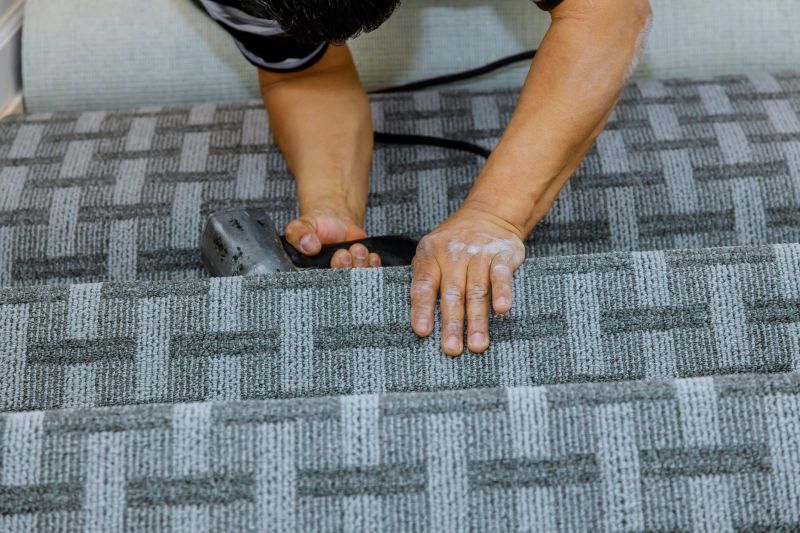
Ways to make Stair Runner Installations work in tight or awkward layouts.
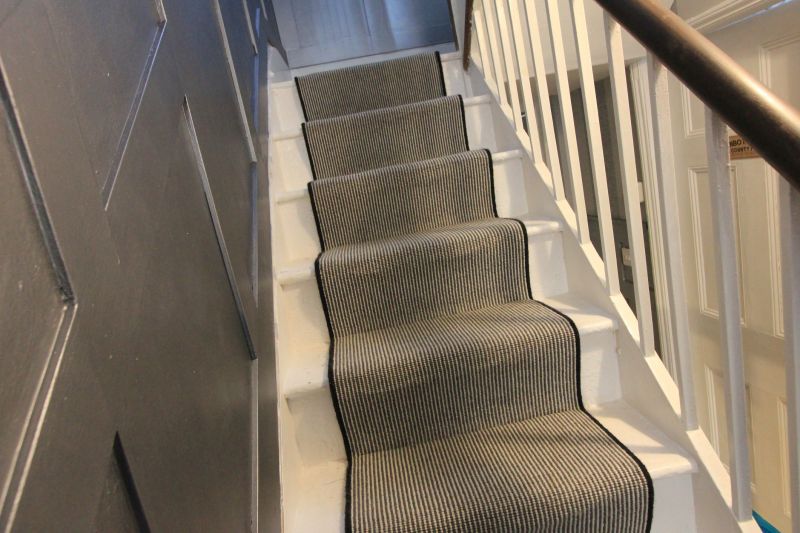
Popular materials for Stair Runner Installations and why they hold up over time.
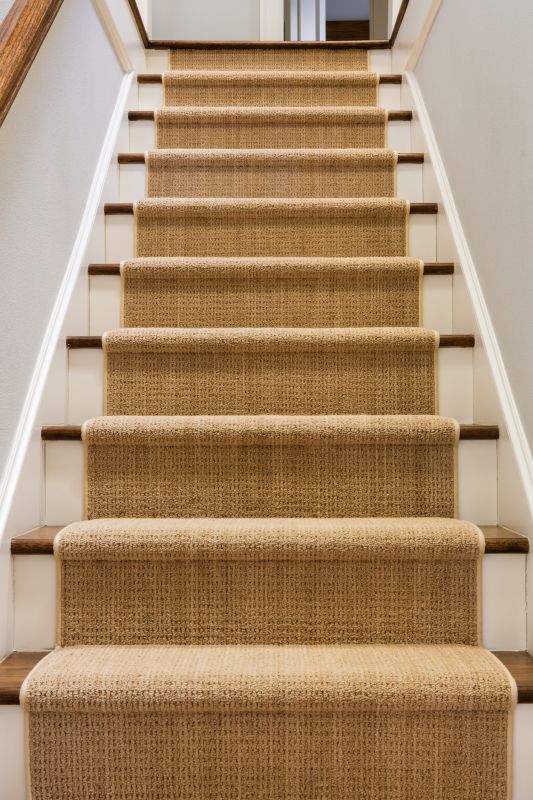
Simple add-ons that improve Stair Runner Installations without blowing the budget.
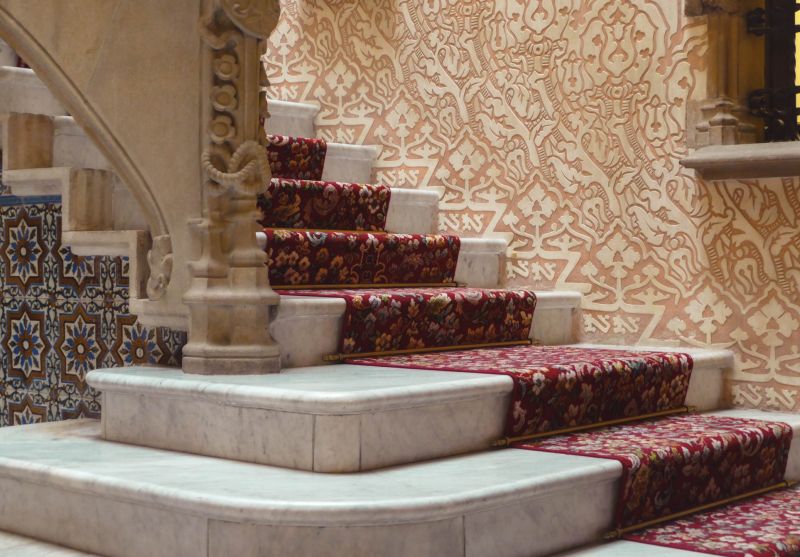
High-end options that actually feel worth it for Stair Runner Installations.
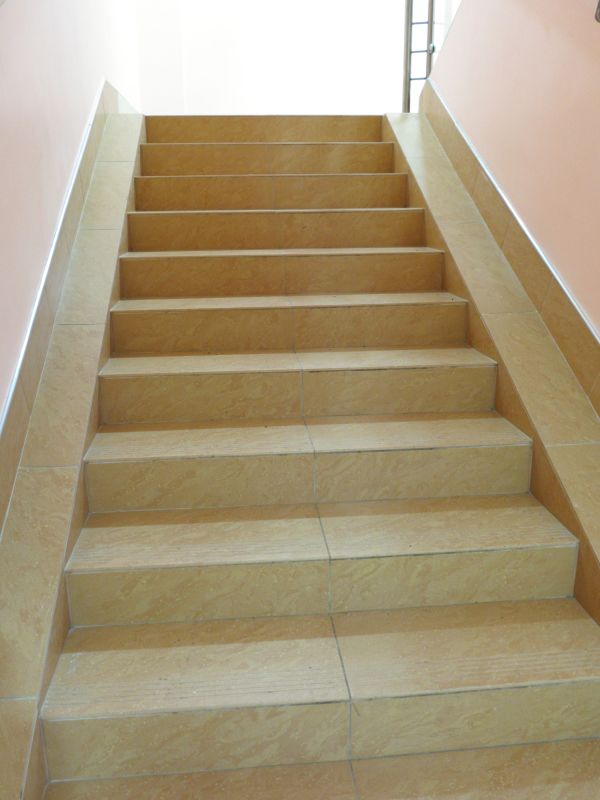
Finishes and colors that play nicely with Stair Runner Installations.
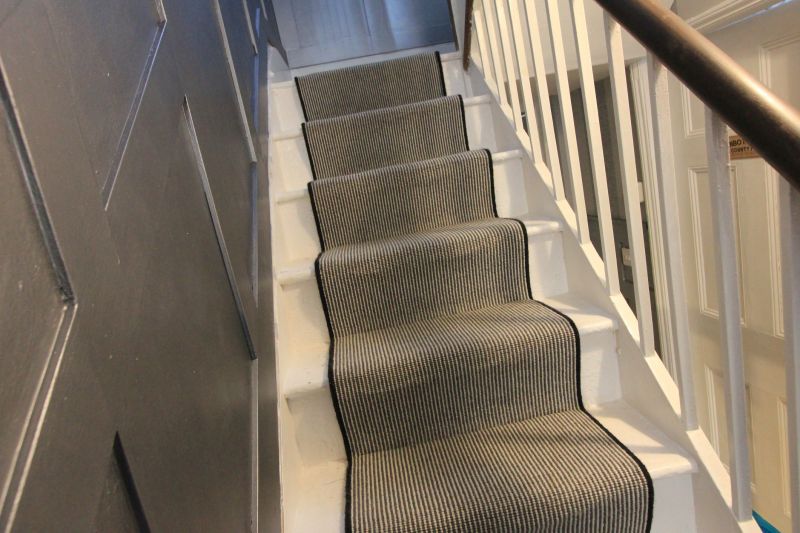
Little measurements that prevent headaches on Stair Runner Installations day.
Stair runner installations involve attaching decorative and protective fabric or carpet along the center or sides of stairs. This process enhances safety by providing traction, reduces wear on stairs, and adds aesthetic appeal. Proper installation requires precise measurement, cutting, and adherence to the stair surfaces. The choice of materials, pattern, and installation timing can impact the durability and appearance of the stair runner.
Statistics indicate that homes with well-maintained stair runners can experience a reduction in slip-and-fall incidents by up to 50%. Additionally, choosing the right installation time can minimize disruptions and ensure optimal adhesion, especially in environments with fluctuating humidity levels. Planning ahead and selecting the appropriate season can contribute to a longer-lasting and visually appealing stair runner.
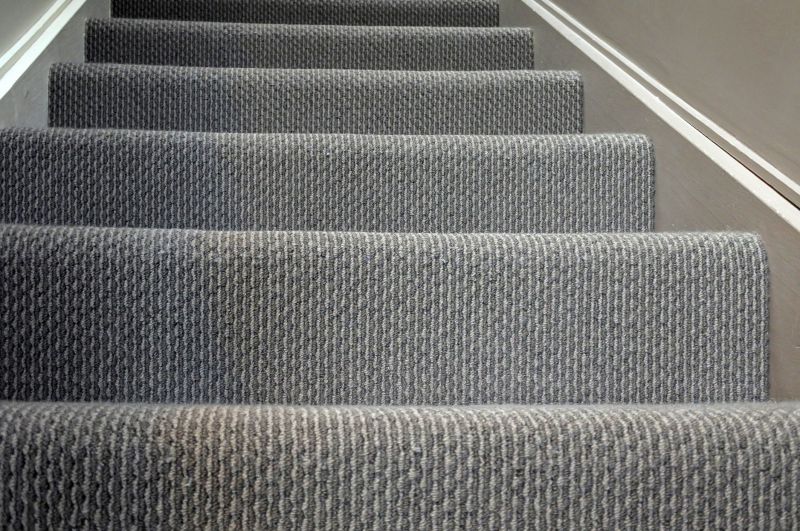
A 60-second routine that keeps Stair Runner Installations looking new.
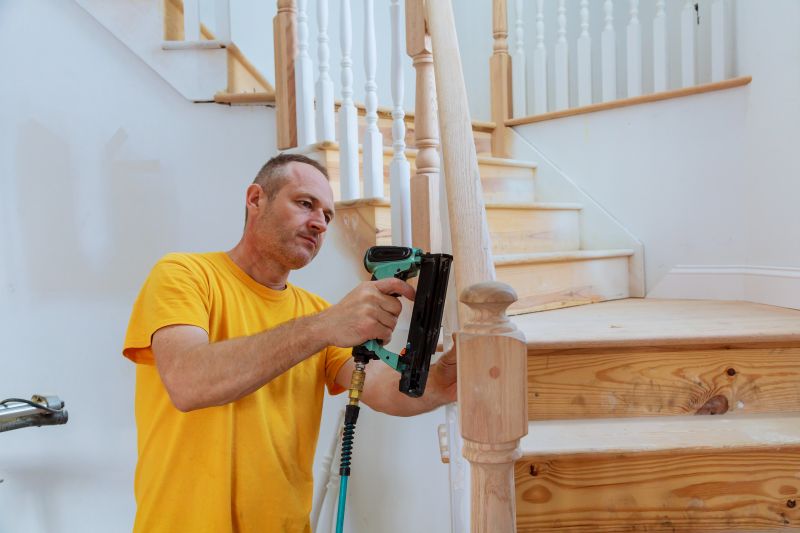
A frequent mistake in Stair Runner Installations and how to dodge it.
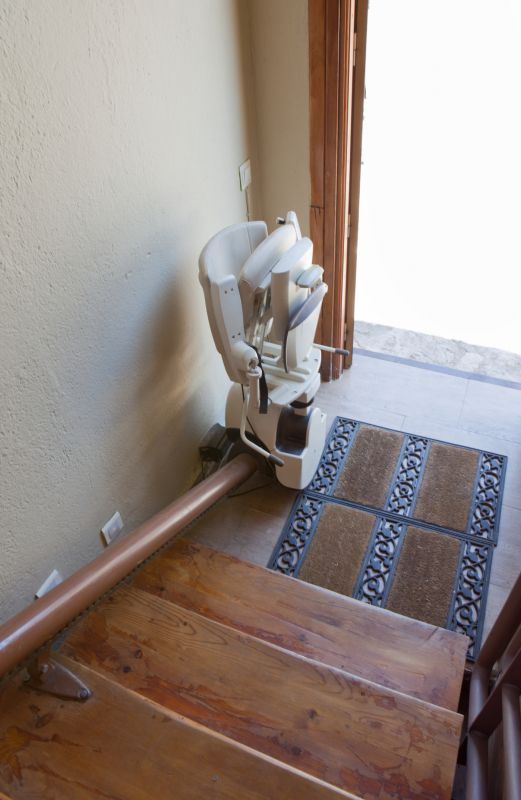
Small tweaks to make Stair Runner Installations safer and easier to use.
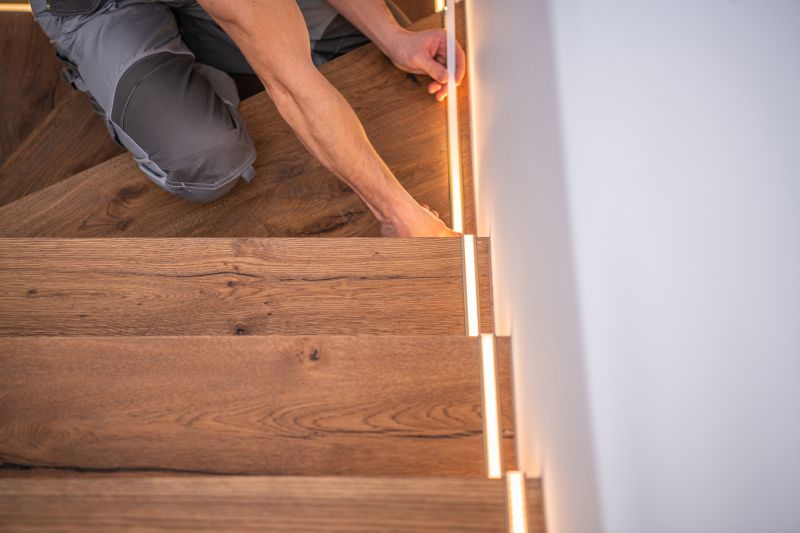
Lower-waste or water-saving choices for Stair Runner Installations.
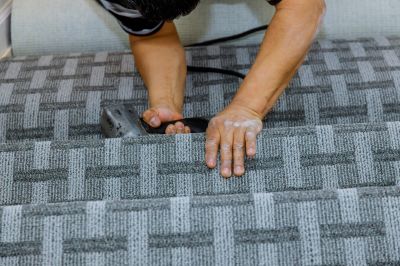
The short, realistic tool list for quality Stair Runner Installations.
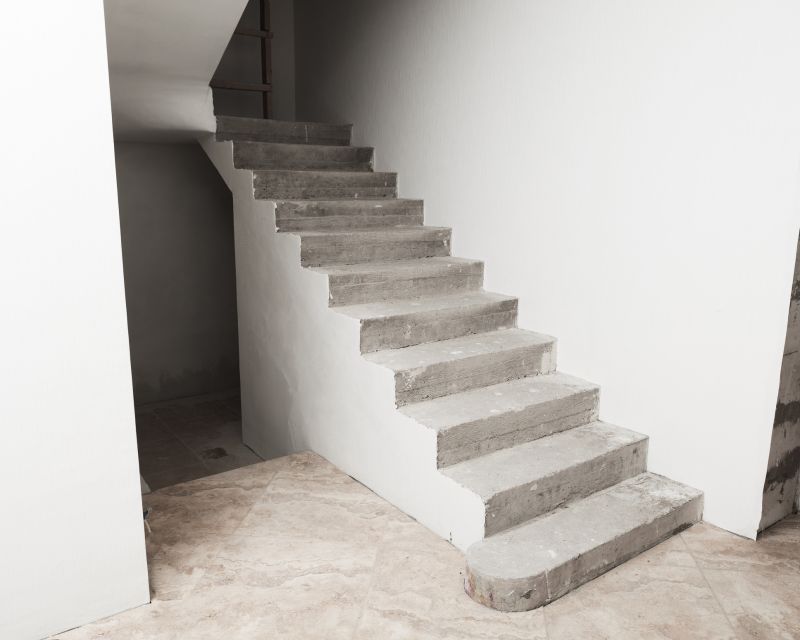
Rough timing from prep to clean-up for Stair Runner Installations.
| Aspect | Details |
|---|---|
| Best Seasons | Spring and fall are ideal for installation due to stable indoor conditions. |
| Indoor Conditions | Low humidity and consistent temperature improve adhesion. |
| Project Urgency | Installations can be scheduled anytime if materials are available. |
| Material Availability | Stock levels may vary seasonally, affecting scheduling. |
| Disruption Minimization | Off-peak seasons typically allow for quicker scheduling. |
| Climate Impact | Extreme weather can delay or complicate installation if done outdoors. |
| Preparation Time | Allow time for measurement, material selection, and scheduling. |
